Startups
In nearly a decade, hundreds of entrepreneurs have emerged with innovative startups across the African continent. We provide insights on their experiences and highlight the activities of investors who fund them.
Top stories
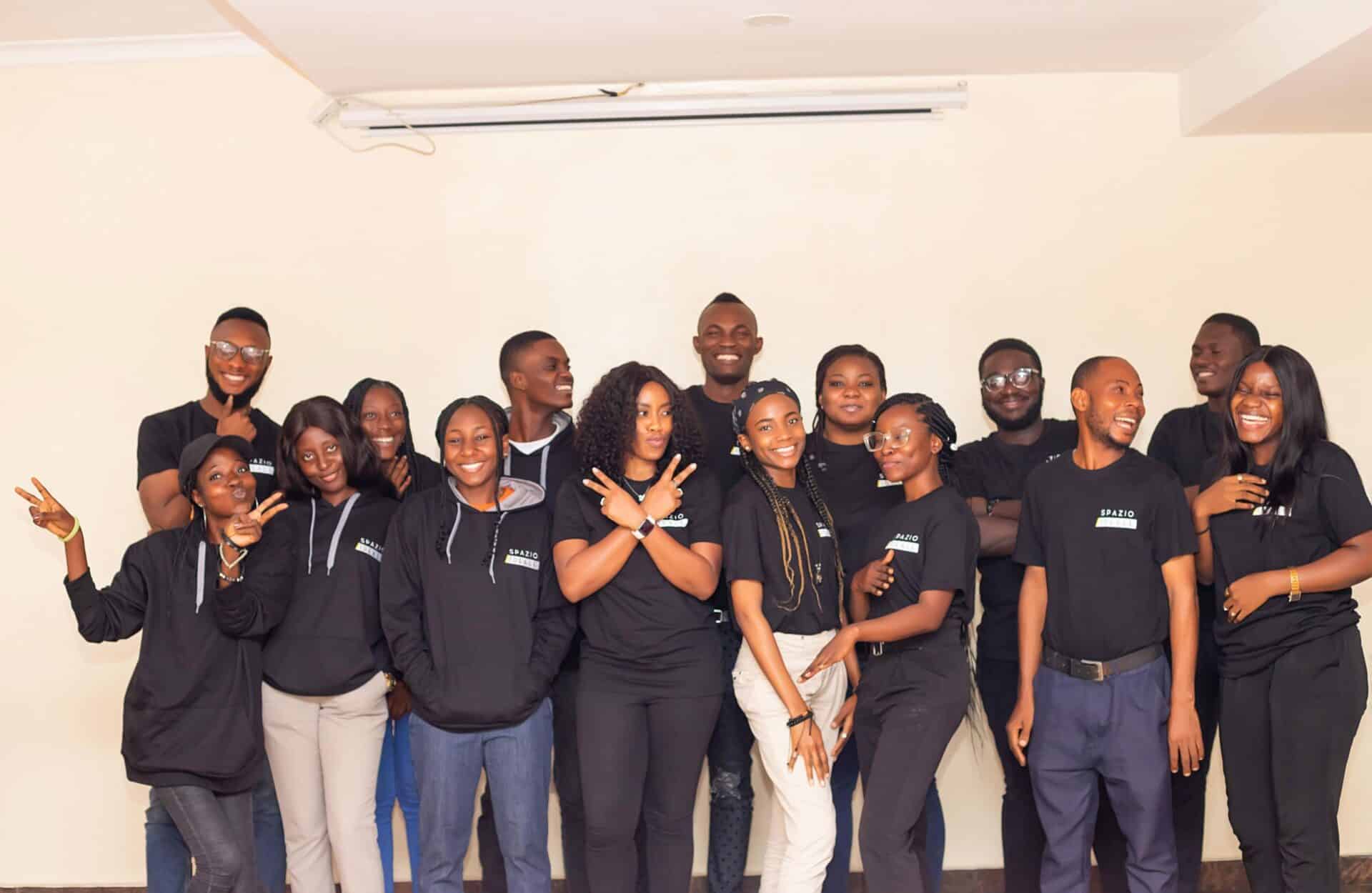
When @LolaBamgbelu had the idea for @SpazioIdeale in 2015, she designed only homes. Now, with a team of 14, the interior designing startup has designed over 50 living and workspaces for several people and startups.
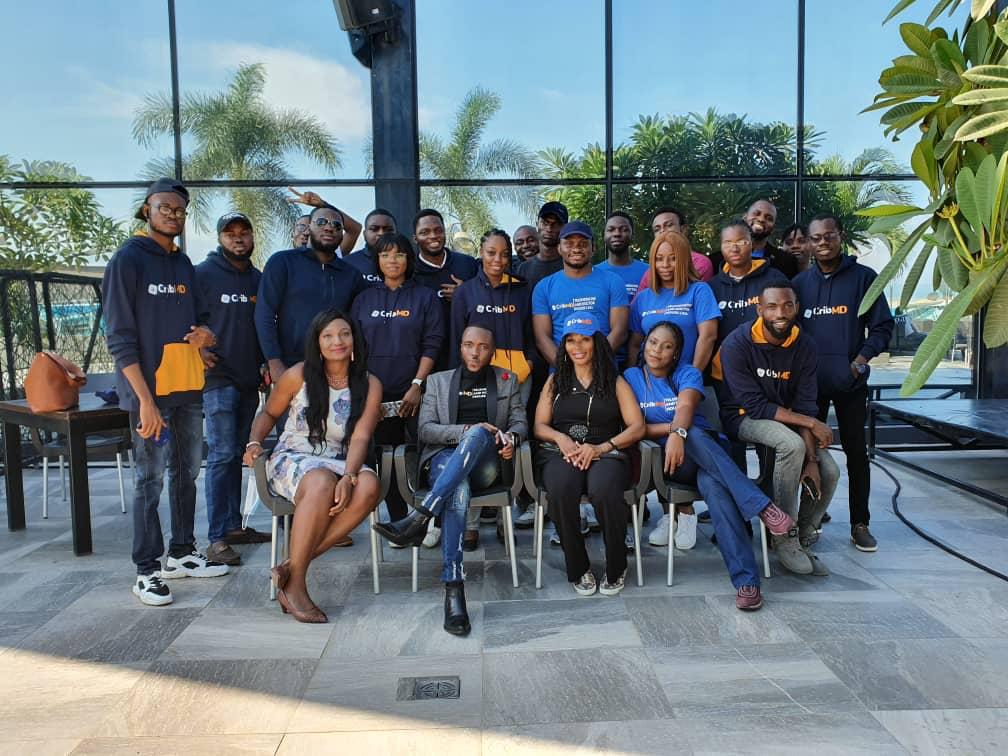
Nigeria’s CribMD acquires Charisland Pharmaceuticals to facilitate quick drug deliveries to patients
Two months after a $2.6 million seed round, healthtech startup, @crib_md acquires pharmaceutical chain, Charisland Pharmaceuticals Group to reduce drug delivery timelines for its subscribers.
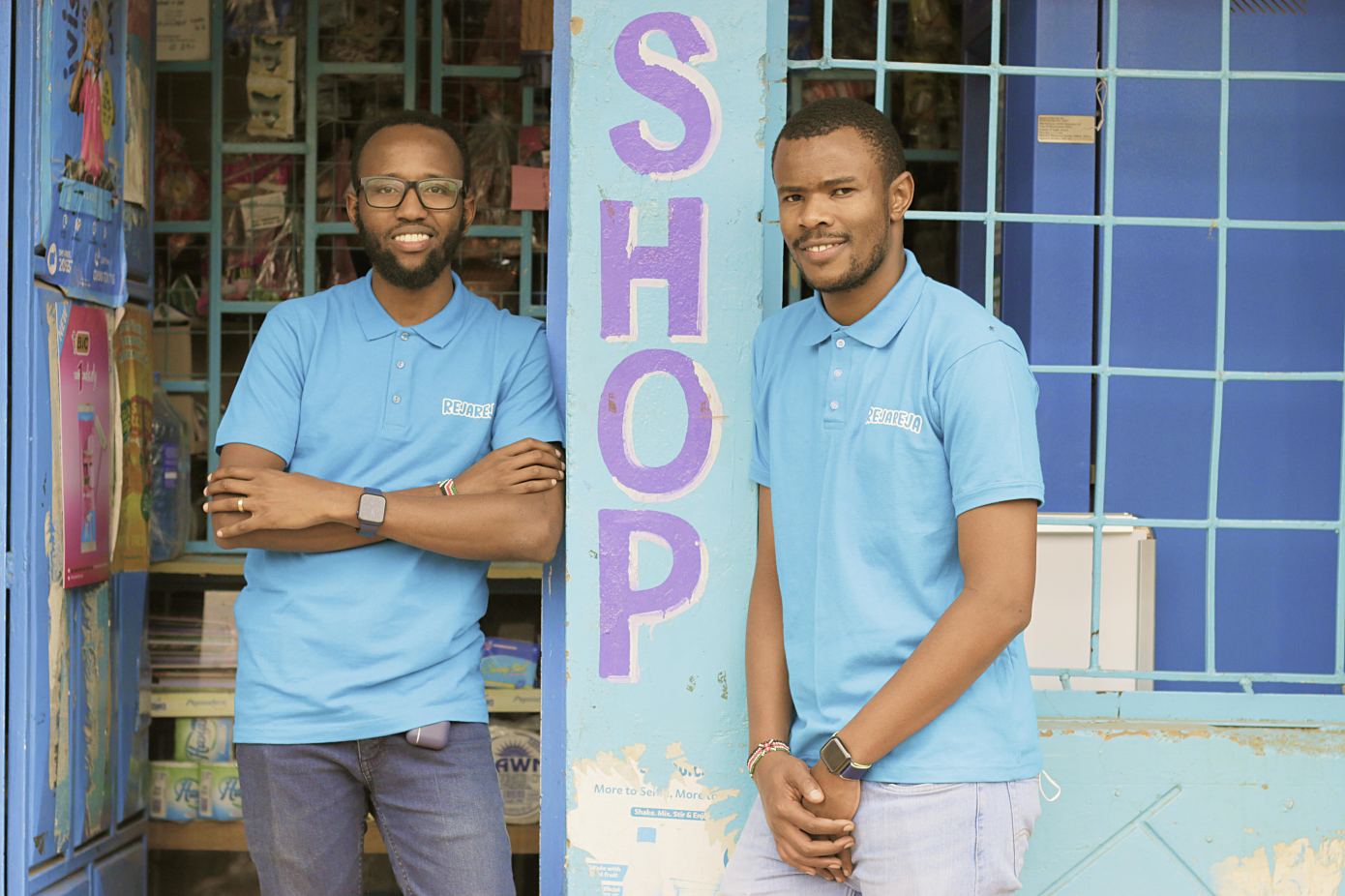
After its seed round of $350,000 and $150,000 cheque from Y Combinator, Kenya’s MarketForce has raised $2 million pre-Series A to scale its B2B retail marketplace, expand, and develop its products.
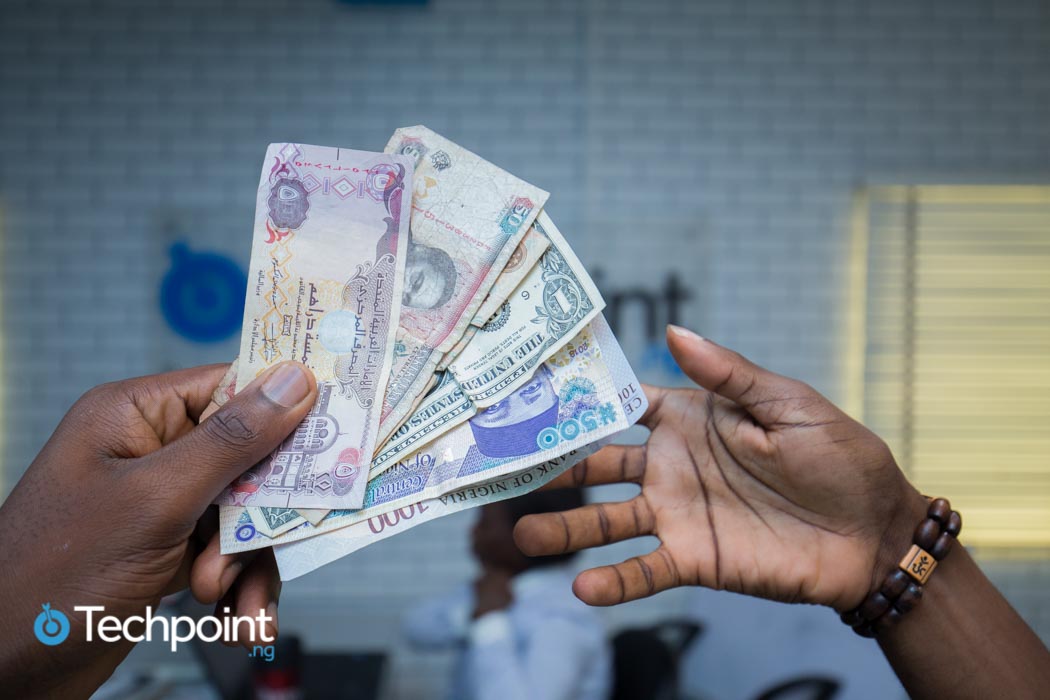
According to data from @MaxBayen, African startups have raised over $1 billion in H1 2021, reaching the billion-dollar mark faster than any other year on record, and on course to meet predictions of $2.8 billion for the year.
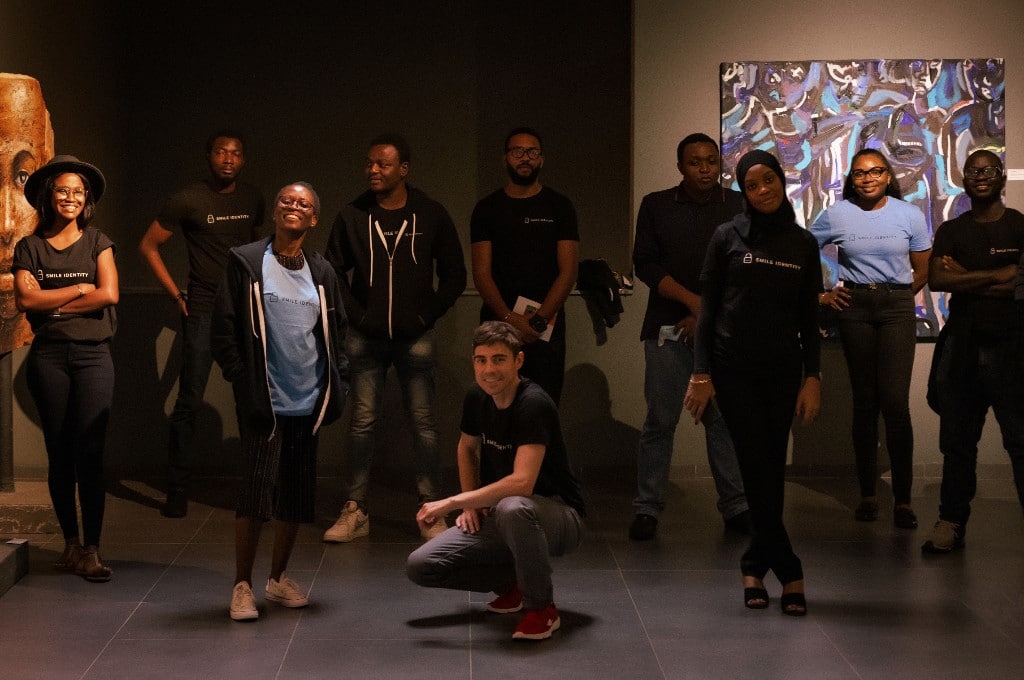
After a $4 million seed round in 2019, identity verification startup, @SmileIdentity raises $7 million funding to improve its services, expand across more markets, and hire more staff.
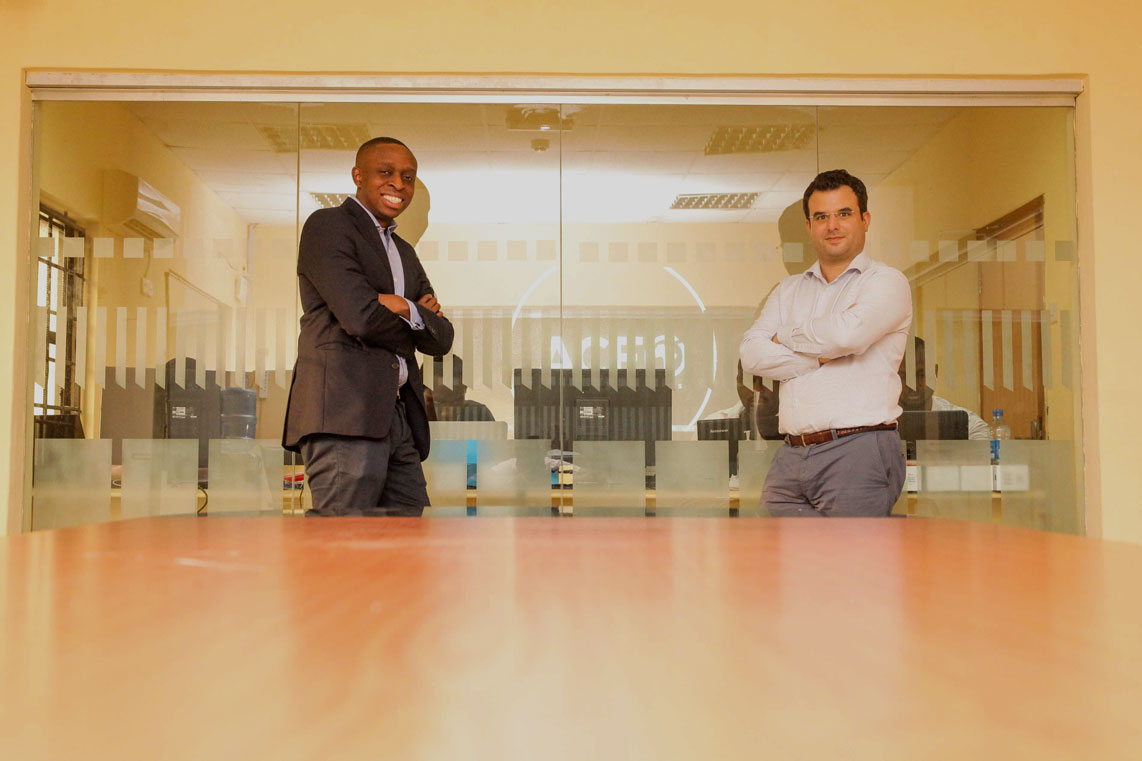
After a $1.5m seed funding in 2017 and $6.9m Series A in 2018 Nigerian lending platform, @lidyadotco, now boasts $16.45m in total funding since its launch.

After raising an undisclosed amount in 2019 from Lagos-based VC firm, @microtraction in 2019, ticketing platform @tixdotafrica raises a six-figure pre-seed round as it aims to expand its services across Africa.
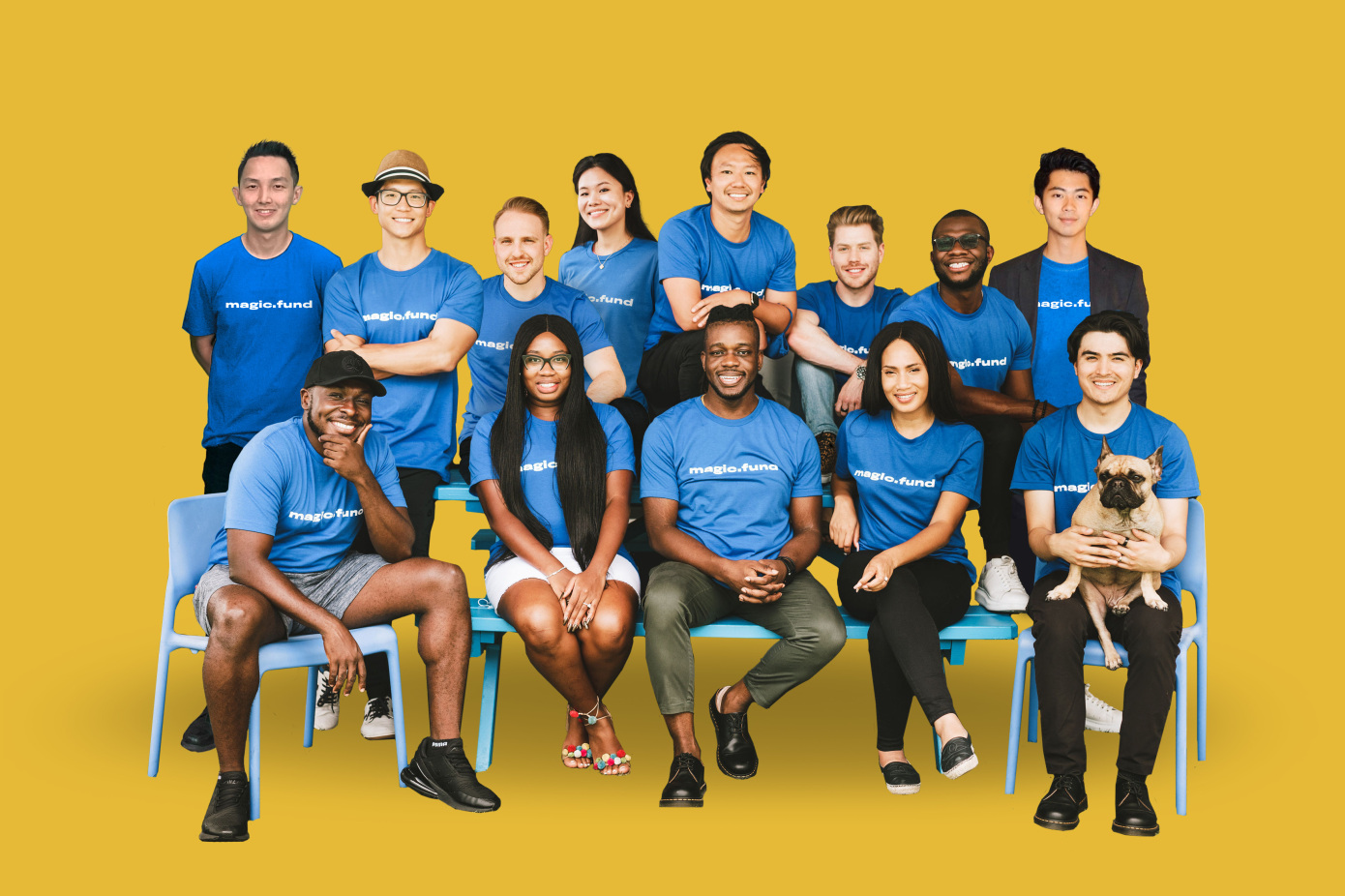
After raising a $1.5 million Fund I in 2017, founders-backing-founders VC firm, @magicfundvc has raised $30 million to support early-stage startups. Apart from handing out cheques, it aims to provide guidance to these companies.
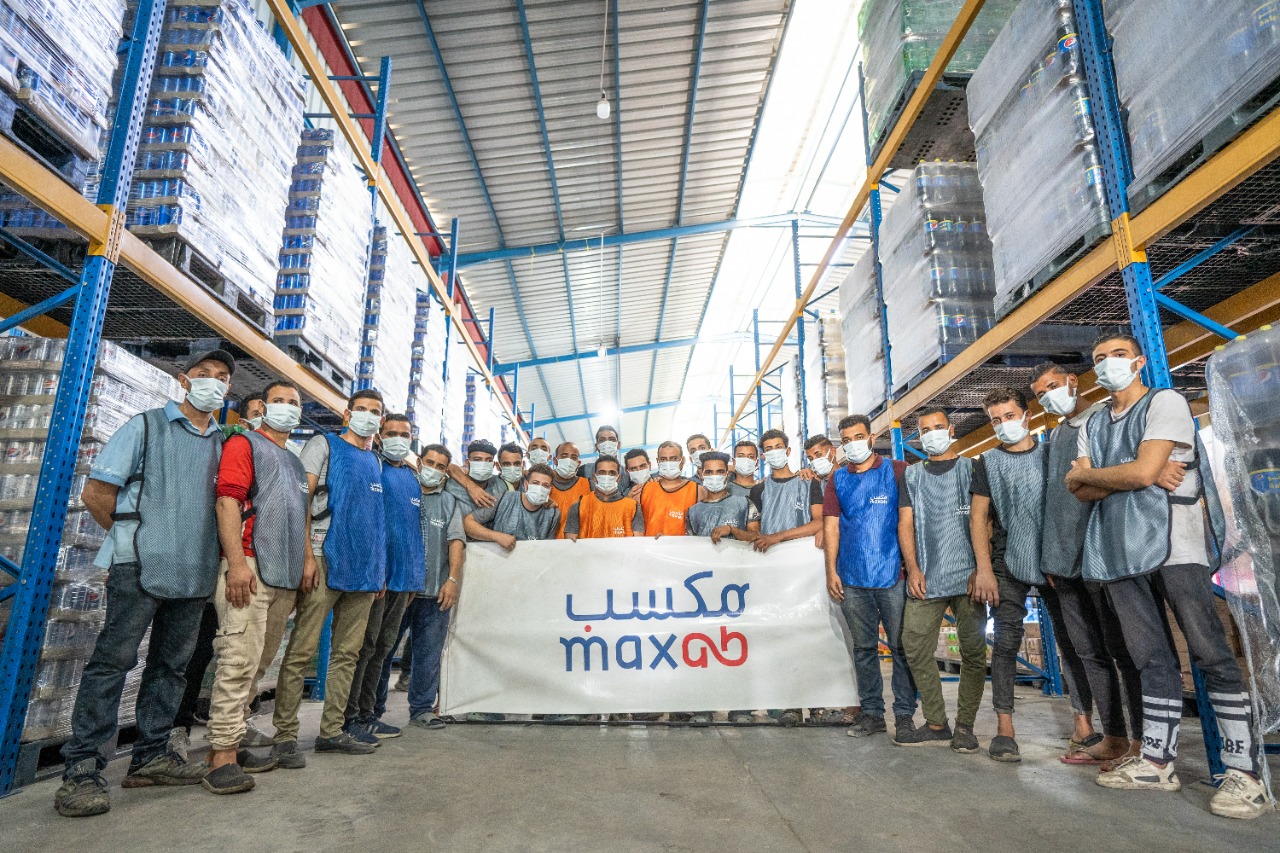
After its seed round in September 2019, Egyptian MaxAB has raised a $40 million Series A round to expand, grow its team, and add supply chain and finance solutions to newly launched business verticals.
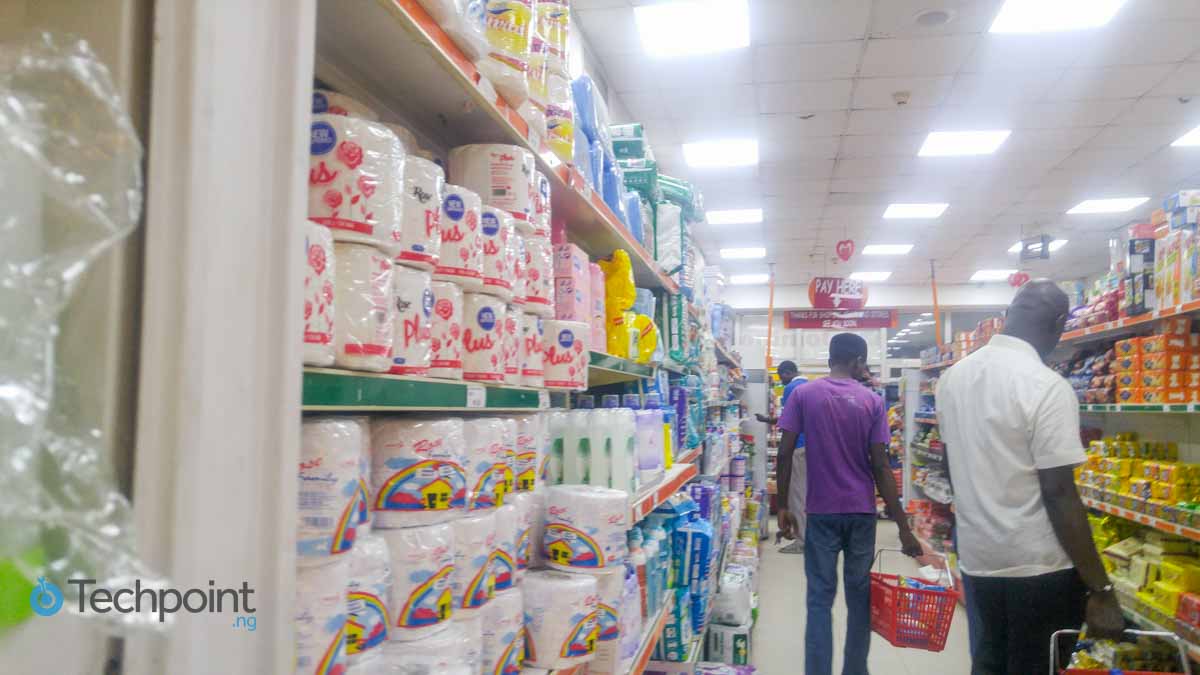
Following its reported success in Kenya, Copia Global, an eCommerce startup serving people without Internet access, sets up shop in Uganda as it eyes the country’s growing middle class.
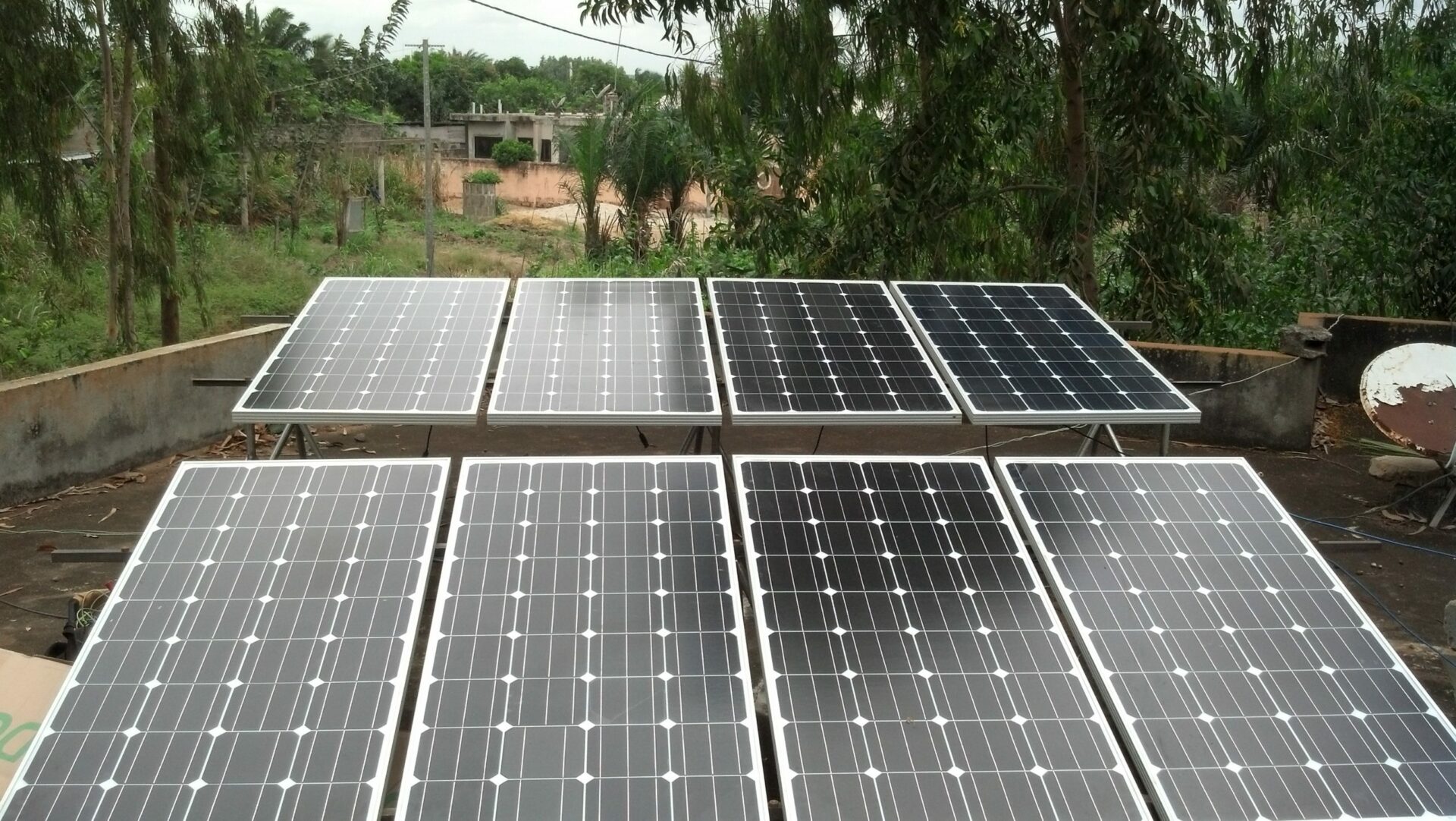
OneWattSolar aims to decarbonise Africa’s energy sector. With a ₦10B bond, the company plans to deploy 40GW of off-grid solar energy across sub-Saharan Africa.

The development of nations is dependent on innovators who need help with the funds and advice required to build lasting businesses. We spoke with Stewart Glynn, a partner at TEN13, an Australian venture capital firm, to understand what drives their investments in startups.
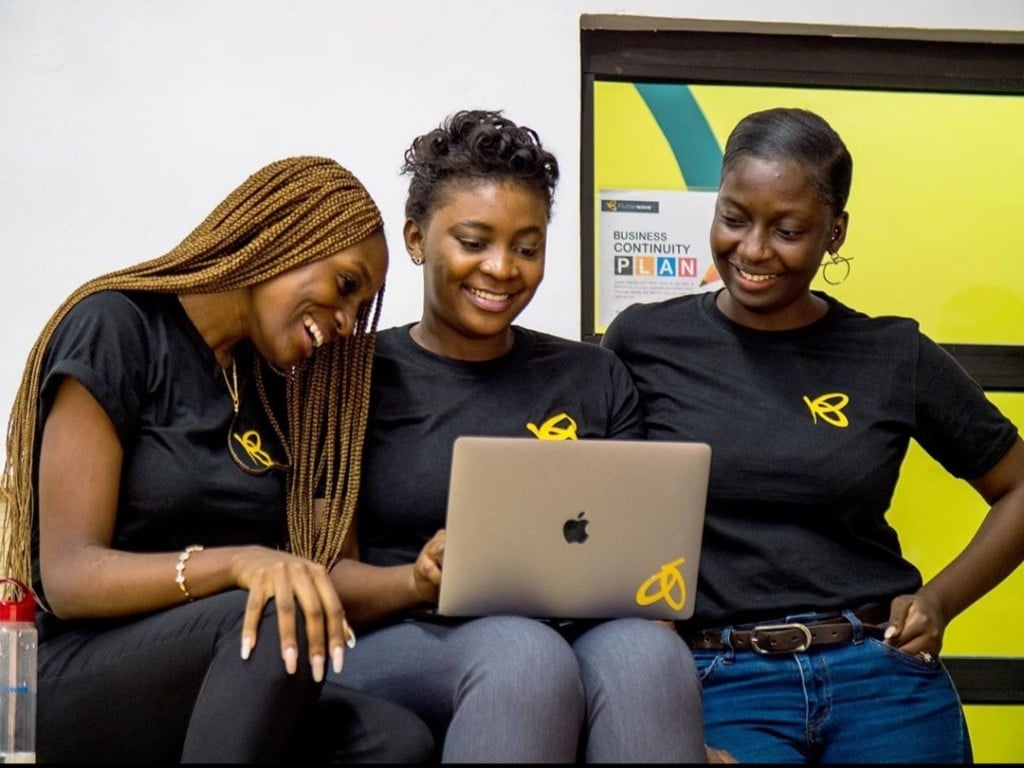
Nigeria’s Flutterwave has moved up 75 places in six months to become one of Y Combinator’s 40 most valuable private companies. It remains the only African startup to ever feature on the list for the third consecutive year

After reportedly connecting over 100,000 people to jobs in South Africa, the recruitment platform, @Giraffe_Jobs joins @Harambee4Work SA Youth Initiative to tackle youth unemployment in the country.

@nithiocredit has secured $4.5m from FSD Africa Investments to provide access to off-grid energy solutions for households, smallholder farmers, and micro-entrepreneurs in Kenya, Nigeria, and Uganda.
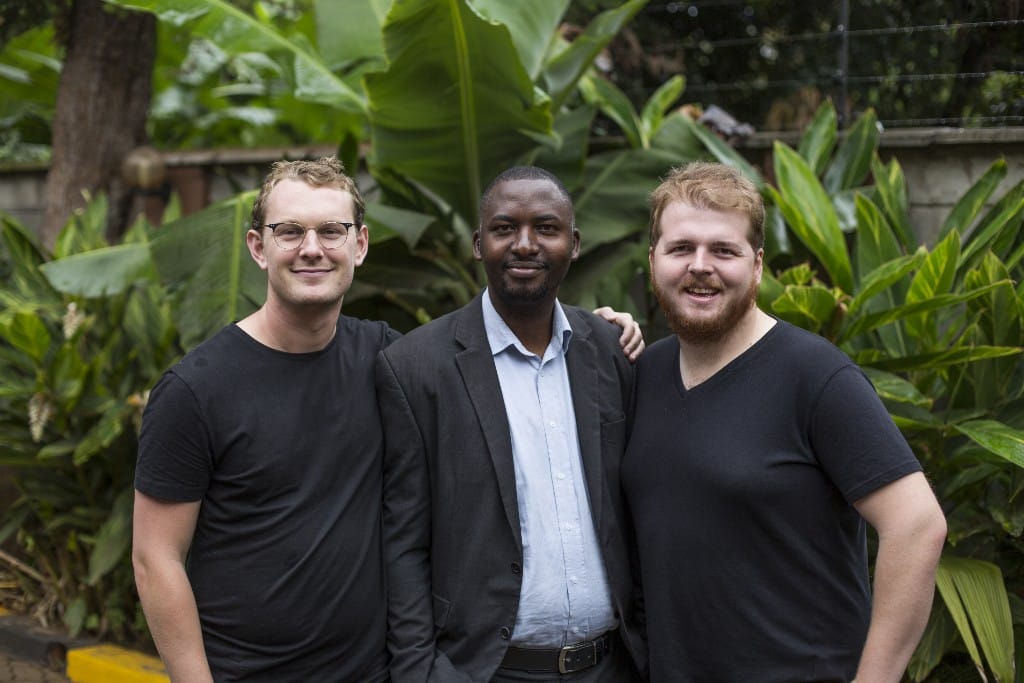
Founded in 2015, Kenyan agritech startup, Apollo, has received $1 million in debt financing to develop its support for small-scale farmers and launch new crops for farmers. This follows its Series A round of $6 million in 2020.
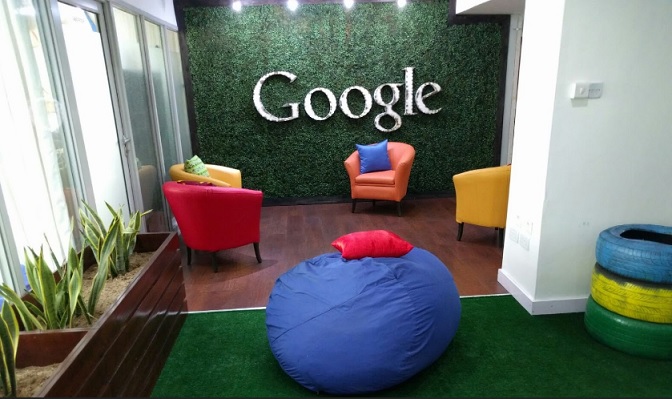
To support innovation in Africa, @Google is partnering with @TonyElumeluFDN and @Cc_HUB to distribute a combined $6m fund to 50 startup founders and 500 female entrepreneurs across Africa. Find out more.

Twenty-six months after taking the reins and having overseen the completion of 1.5 million trips, Babajide Duroshola steps down as Country Director of @Safeboda_NGA.
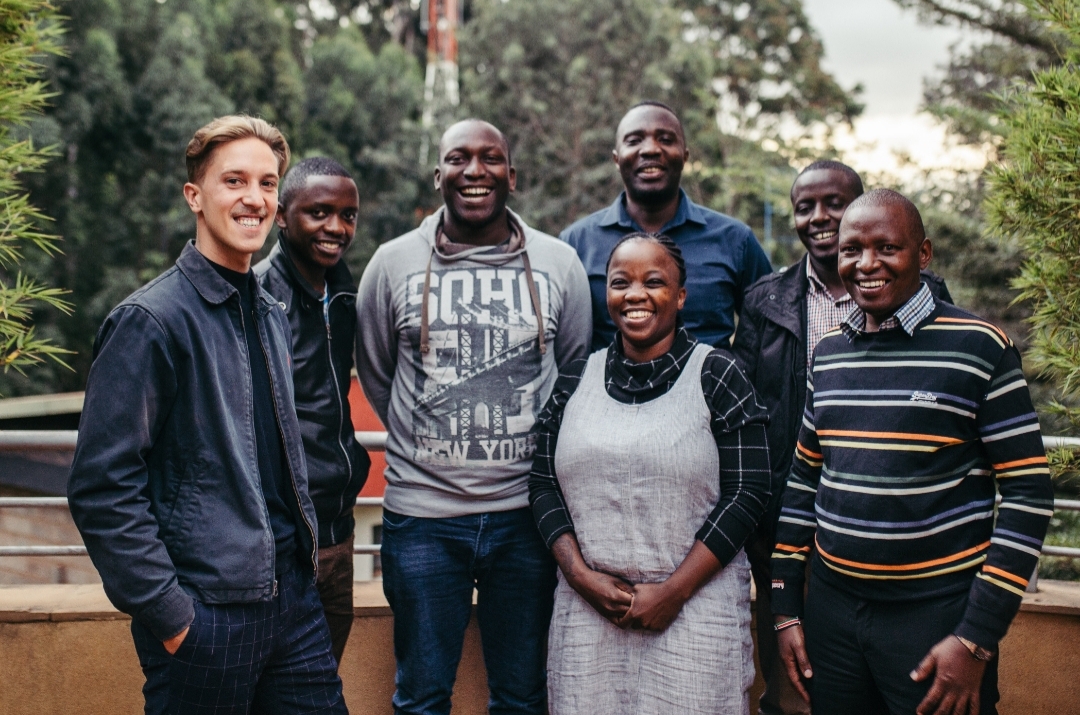
Kenya-based ready-to-eat meal service provider, Kune, has announced a $1 million pre-seed raise. This funding will be used to complete its factory, hire more staff, and officially launch in August 2021.
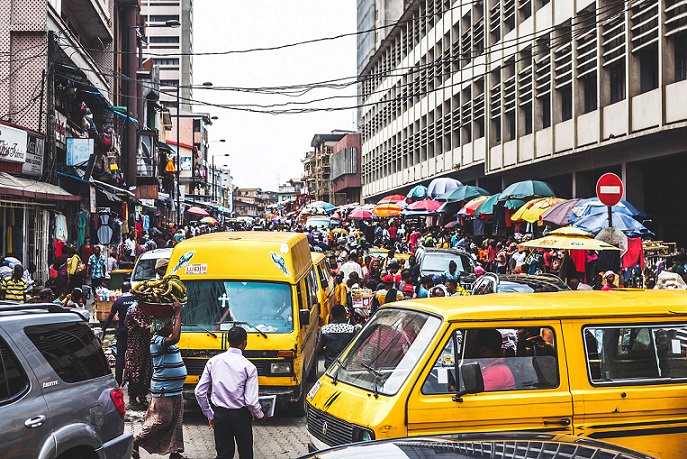
As the Nigerian government’s ban on Twitter kicks in, critics see it as yet another attack on free speech by the government and rightly so, but how does this affect businesses? Let’s find out.
